Soaring food costs and customers being extra careful with their spending in the cost-of-living crisis has seen several hospitality businesses forced to close.
Like many café and restaurants, Elizabeth Gray has felt unable to pass on the full extent of the price rises to her loyal customers at Milton Haugh Farm Shop.
But at a time when profits are being eaten into by rising costs, lower spending and energy bills, there’s one monthly expense she really wishes she didn’t have to pay – bank fees.
Counting the cost of changing habits
Every time a customer pays Elizabeth by card, 3% is taken as a processing charge.
Over a month of sales at her Carmyllie cafe and shop this runs into several hundred pounds.
And it wasn’t always like this. Prior to Covid the majority of customers paid by cash.
“The pandemic has definitely changed people’s habits,” said Elizabeth.
“It used to be that all of my elderly customers paid by cash but some of them are even using their phones to pay now.
“I used to pay staff wages in cash but that all stopped during Covid.
“What many people don’t realise is how much we lose every time a card transaction is made.
“It’s a real struggle for many small businesses at the moment and this ends up being many hundreds of pounds a month to process all the transactions.”
Minimum spend for card payments
Elizabeth has no plans to ban card payments although the café and farm shop has a minimum spend of £2.50.
She launched a ‘use cash’ appeal after several customers recently tried to pay by card for less than this amount.
“The majority of customers are great,” she said.
“When you explain there’s a minimum charge, they add a couple of items of fruit to top it up.
“95% of people are so understanding about it and say they didn’t realise that we had to pay charges.
“So many people are in the habit of using contactless now but it’s the banks who benefit.
“Small businesses like us are on our hands and knees screaming for things to turn our way. Cash payments really help.”
Support local plea
In June 2021, Elizabeth urged customers who used the shop at the height of the pandemic to continue to support the business.
She said trading it still a balancing act. Recently her opening hours were slightly reduced to save on running costs and wages.
But she has also found new customers through vegetable boxes.
She adds: “We are constantly having to adapt. I use social media to remind people we’re not just here for Christmas, we’re here all year.
“Small businesses need you more than ever at the moment.”
Is cash dying out?
The use of cash is closely monitored by the Bank of England.
A decade ago around 60% of payments were made in cash but this had reduced to 23% by 2019.
The pandemic sped up this decline. In 2020, cash accounted for 17% of payments and 15% in 2021.
But the Bank says the rate of annual decline has recently stabilised.
It said: “While Covid has had a lasting impact, with some permanent shifts in payment habits towards digital payment methods, cash use has proved resilient, perhaps surprisingly so.
“There has been a partial recovery in the transactional use of cash.
“The value of notes in circulation remains elevated two years on from the start of the pandemic, reflecting people holding more cash as a store of value.”
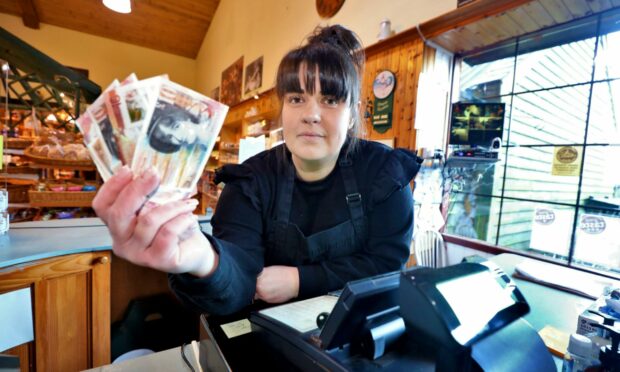
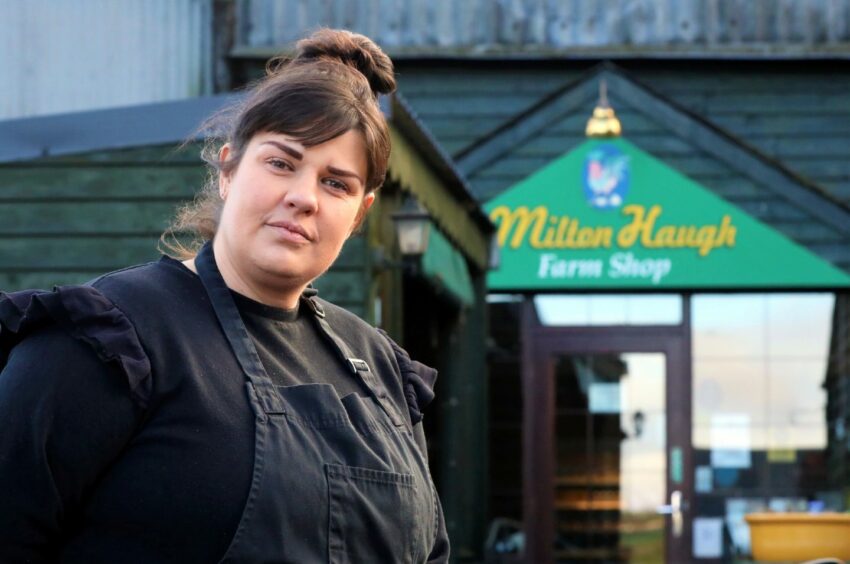
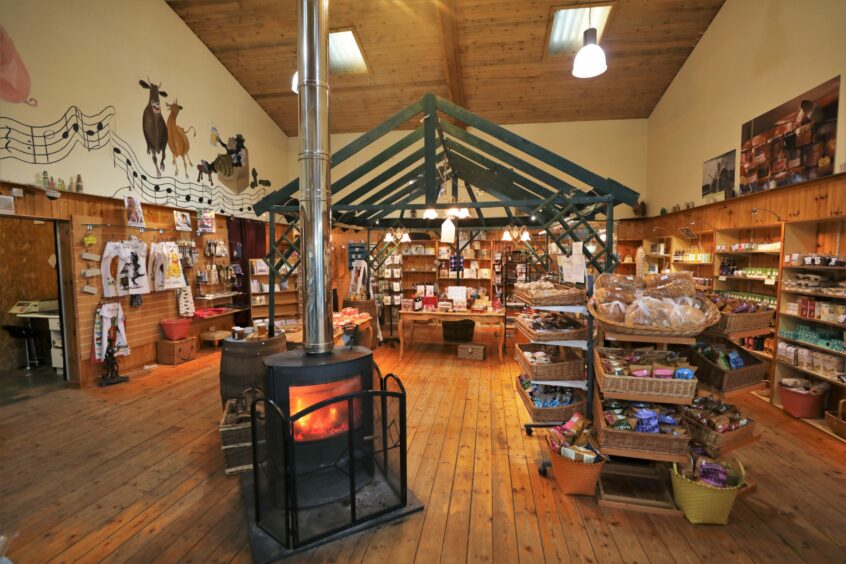
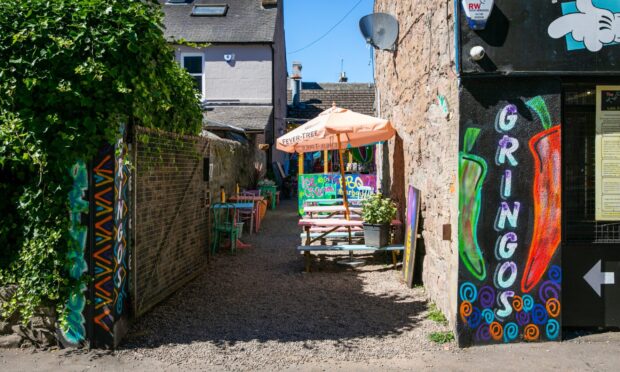
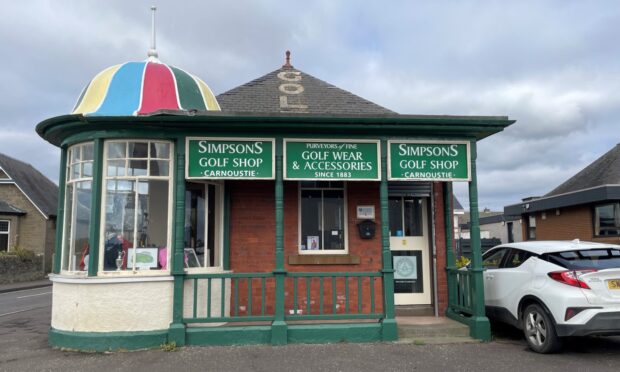
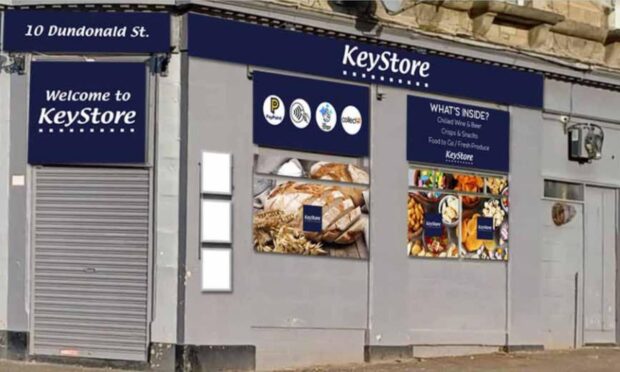
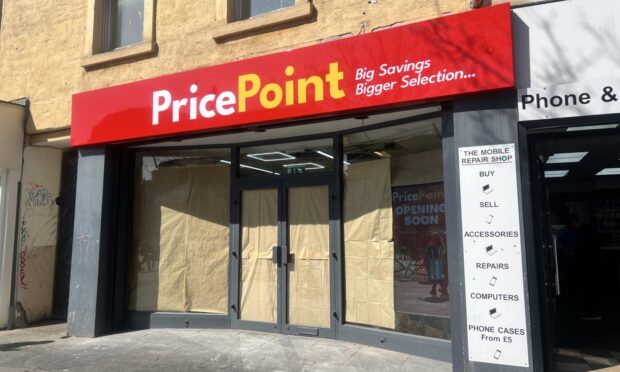
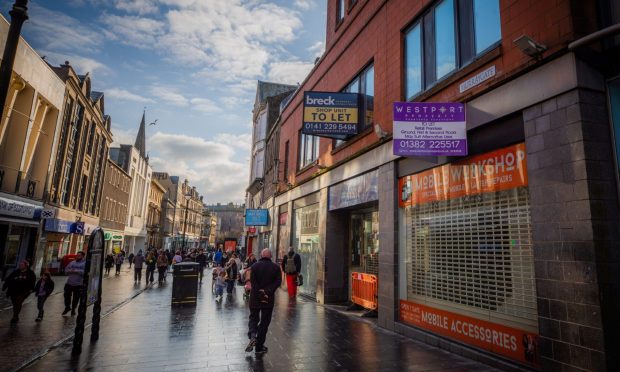
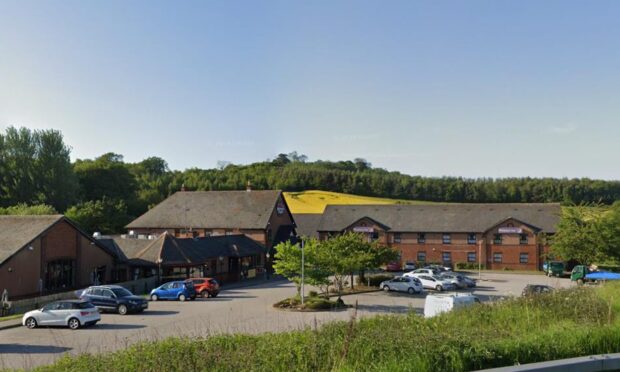

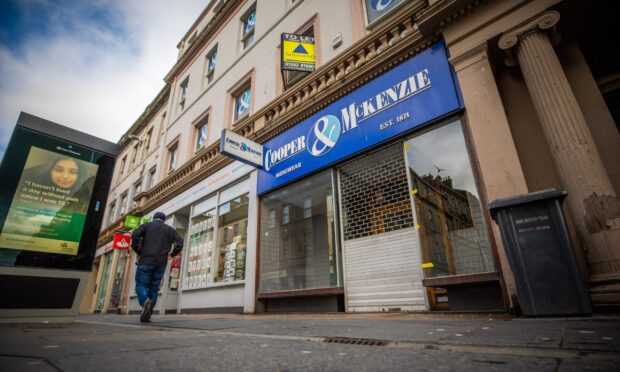
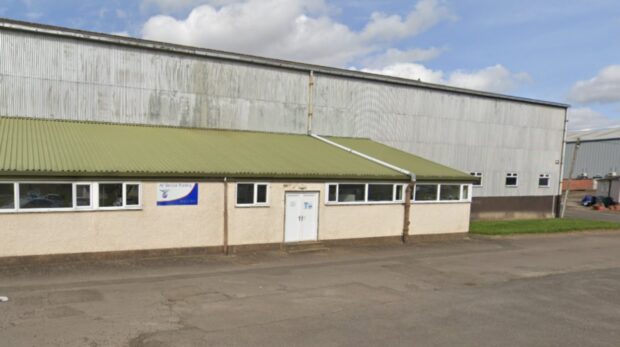

Conversation